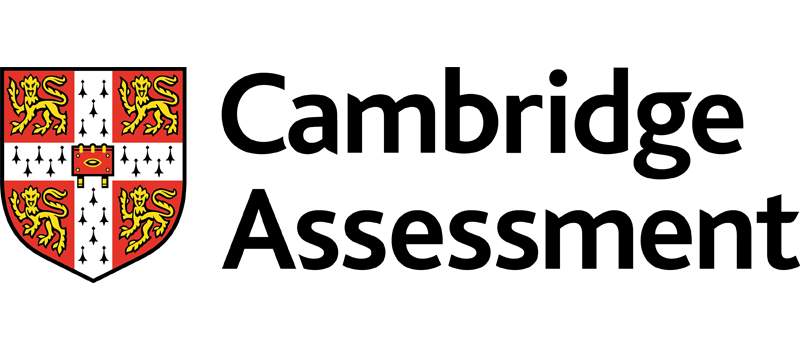Day 1:
Introduction to Time Management for Remote and Hybrid Teams
Understanding Remote and Hybrid Work Models: Exploring the evolution of work, remote and hybrid team structures, and their impact on time management.
Key Challenges of Remote and Hybrid Teams: Identifying communication barriers, time zone differences, and the lack of direct supervision.
Establishing Core Time Management Principles: Reviewing the fundamental principles of time management and how they apply to remote work.
Setting Expectations and Boundaries: Discussing the importance of clear expectations and maintaining work-life boundaries.
Day 2:
Tools and Techniques for Effective Time Management
Digital Tools for Time Tracking and Project Management: Exploring tools like Asana, Trello, and Slack for task management and team collaboration.
Managing Time Zones: Best practices for coordinating team schedules across multiple time zones to avoid scheduling conflicts.
Time Blocking and Prioritization: Techniques for managing your day, focusing on high-priority tasks, and avoiding distractions.
Building a Routine for Remote Work Success: Structuring your day to maintain productivity and prevent burnout.
Day 3:
Enhancing Communication and Collaboration
Synchronous vs. Asynchronous Communication: Understanding when to use each communication style for maximum efficiency.
Improving Virtual Meetings: Best practices for conducting effective online meetings, from setting agendas to keeping discussions on track.
Fostering Collaboration in Distributed Teams: Strategies for ensuring team members remain engaged and collaborate efficiently despite physical distance.
Conflict Resolution and Time Management: Techniques for addressing conflicts in virtual teams while maintaining project timelines.
Day 4:
Building Accountability and Trust
Delegating Tasks in Remote Teams: Best practices for delegating tasks effectively and ensuring accountability.
Creating a Culture of Trust: Strategies for developing trust in a virtual environment and the role it plays in time management.
Performance Tracking and Feedback: Methods for tracking team performance and providing feedback in a constructive manner.
Ensuring Work-Life Balance for Remote Teams: Practical tips for managing personal and professional time to prevent burnout.
Day 5:
Adapting and Evolving Time Management Practices
Evaluating Time Management Strategies: Assessing the effectiveness of current practices and identifying areas for improvement.
Continuous Improvement and Feedback Loops: Creating a feedback loop to refine and adjust time management strategies over time.
Scalable Time Management Practices: Developing flexible systems that can adapt to team growth or organizational changes.
Final Case Study and Q&A: Reviewing a real-world case study, discussing challenges and solutions, followed by a Q&A session to address any remaining questions.























































